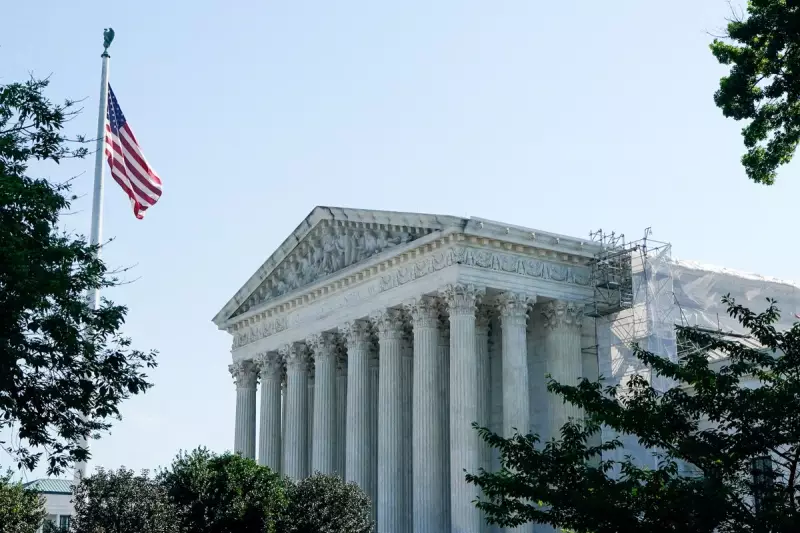
The United States Supreme Court has issued a temporary intervention, blocking a lower court's ruling that found Texas's 2026 congressional redistricting plan was likely to discriminate on the basis of race.
A Swift Intervention
The order, signed by Justice Samuel Alito, came into effect on Saturday 22 November 2025. It was issued approximately an hour after the state of Texas formally requested the high court's involvement. This intervention will remain in place for at least several days while the justices deliberate on whether the Republican-favoured map can be used in the fast-approaching midterm elections.
The court's conservative majority has a track record of overturning similar lower-court decisions when they occur close to electoral cycles, a pattern previously seen in disputes from Alabama and Louisiana.
The National Redistricting Battle
Texas redrew its congressional boundaries in the summer as part of an effort championed by President Donald Trump to preserve the Republican party's slim majority in the House of Representatives. This move ignited a nationwide battle over electoral maps.
The newly engineered map was designed to grant the Republican party five additional House seats. However, a federal judicial panel in El Paso ruled 2-1 on Tuesday that civil rights groups, who challenged the plan on behalf of Black and Hispanic voters, were likely to prevail in their case alleging racial discrimination.
If the lower court's ruling is eventually upheld, Texas could be forced to conduct next year's elections using the map drawn by the GOP-controlled Legislature in 2021, which was based on the 2020 census.
Broader Implications and Legal Challenges
Texas was the first state to act on Trump's demands in what has become an expanding national conflict over redistricting. Following Texas's lead, Missouri and North Carolina also implemented new maps, each adding an additional Republican seat. In response, California voters approved a ballot initiative designed to give Democrats five more seats.
These redrawn maps are now facing legal challenges in California, Missouri, and North Carolina. Separately, the Supreme Court is considering a case from Louisiana that could further limit the creation of race-based districts under Section 2 of the Voting Rights Act. The outcome of the Louisiana case has the potential to significantly affect the current round of redistricting across the United States.





